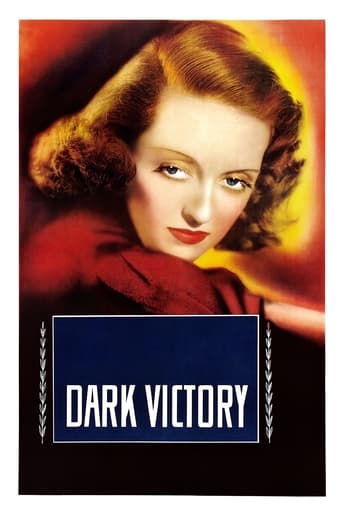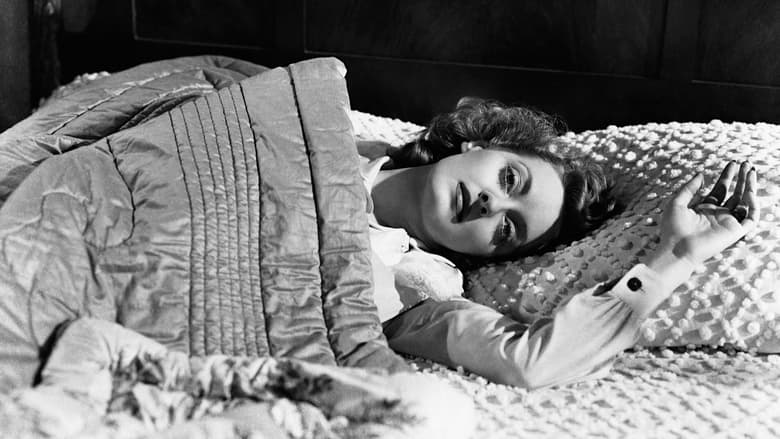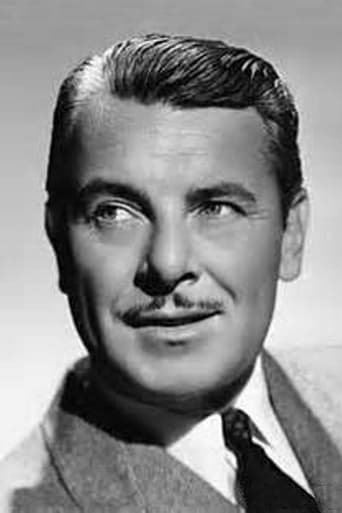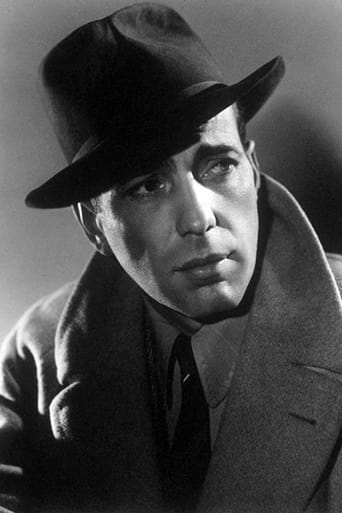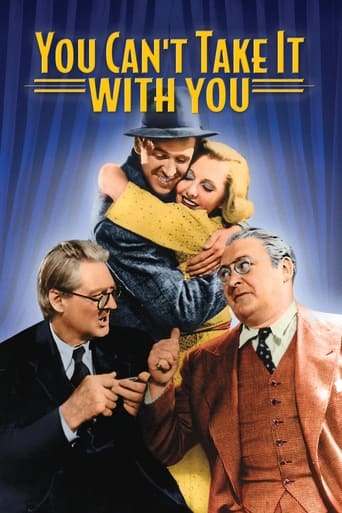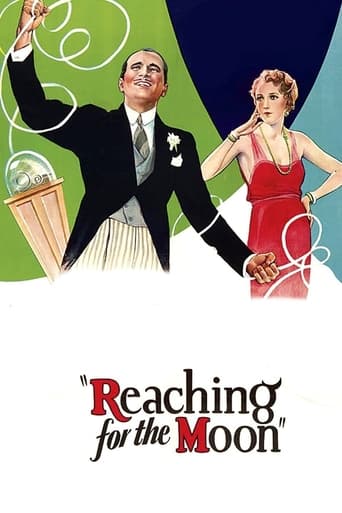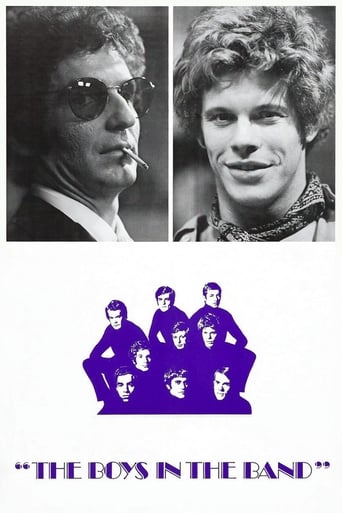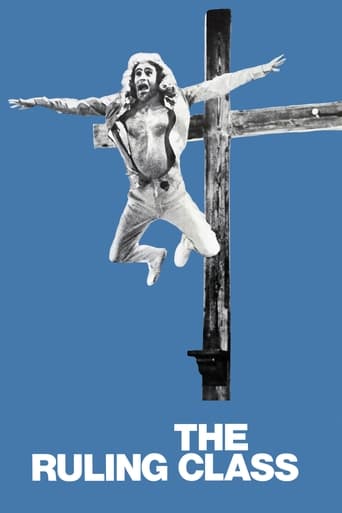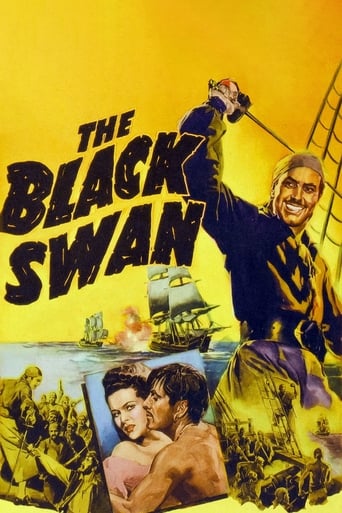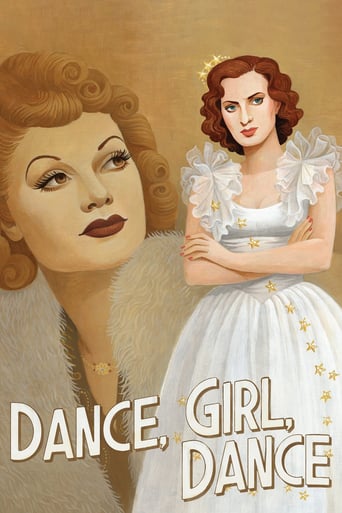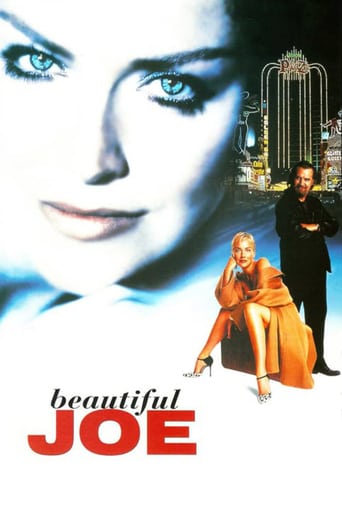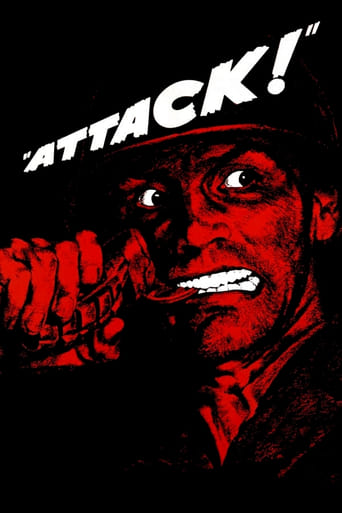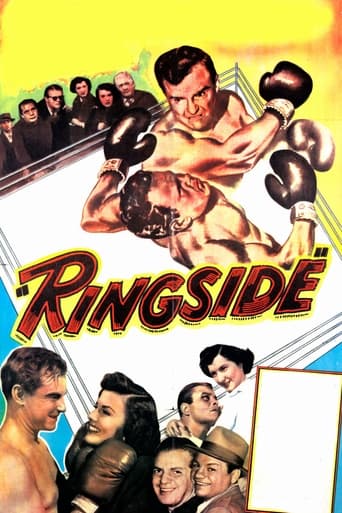Dark Victory (1939)
Socialite Judith Traherne lives a lavish but emotionally empty life. Riding horses is one of her few joys, and her stable master is secretly in love with her. Told she has a brain tumor by her doctor, Frederick Steele, Judith becomes distraught. After she decides to have surgery to remove the tumor, Judith realizes she is in love with Dr. Steele, but more troubling medical news may sabotage her new relationship, and her second chance at life.
Watch Trailer
Cast


Similar titles
Reviews
In the past year I've been making an effort to see as many Academy Award-nominated movies as possible, minus a few that don't look interesting. The latest that I've seen is Edmund Goulding's "Dark Victory". I don't know whether or not this was the first movie to focus on medical malpractice, but it's worth seeing nonetheless. Bette Davis plays a socialite who has a malignant tumor removed, except that not all of it can get removed. The doctor decides that he wants her to be happy, and so he doesn't tell her about this.Much of the story seemed hackneyed, but Davis's performance carried the entire movie. Also of note are early appearances of Humphrey Bogart, Geraldine Fitzgerald and Ronald Reagan. But what's probably most important is that they did not give it the typical Hollywood ending. Despite its flaws, the movie works out well overall. Not that I would expect less of Bette Davis. I recommend it.
Bette Davis had secured her place in Hollywood as "Queen of the Lot" at "Warner Bros." by the time "Dark Victory" was released in 1939. The film contains what I would describe as realism and the central character is both tragic and vulnerable. Davis was to make a whole score of successful films for the studio over a 10 year period and "Dark Victory" was just one of them. A young, rich socialite is diagnosed with a rare but terminal brain disorder and is caught up in her own conflict as to how she will live her final weeks. In addition, she happens to fall for the brain specialist who is treating her - played by George Brent. This is very much a woman's film and so it should be. Bette Davis was an exceptional actress and with a strong screen presence, she could easily take centre stage. Humphrey Bogart is cast as an Irish horse breeder and hasn't got much to do. "Dark Victory" was one of many films he made during 1939 when stardom began to beckon. He and Davis had some great scenes in the film "Marked Woman" but they don't have many in the above film. However, they do share a scene together that lasts for about 3 minutes and it is good. George Brent gives solid support, as does Geraldine Fitzgerald who plays the best friend of Davis in the film. A young Ronald Reagan makes an early film appearance not long after he signed his first contract with the studio. The production values are pretty good for a film that didn't have much money spent on it but "Warner Bros." never needed extravagance in order to make good films. The acting and the direction are great, plus the writing is quite memorable.
THE DARK VICTORY is good romantic drama, which unfolds in a very sensitive spiritual dimension. Essentially, this is the victory of the soul over the body. Of course, this description is sketchy. Bette Davis is incredible.Judith Traherne (Bette Davis) is a young woman full of life, which is suffering from a malignant tumor. The path of incomprehension and rejection through sorrow and love to know and reconciliation is perfectly described. Bette Davis is masterfully put forward role. She had the support of the rest of the excellent team led by George Brent as Dr. Frederick Steele, Geraldine Fitzgerald as Ann King and Humphrey Bogart as Michael O'Leary.Dark Victory is literally a film about the victory, the only real and true victory, perhaps the most important elemental things of the essence - and this is the victory of man over the fear of death. Director and story are pretty sloppy for such deep topics. It is very positive that this movie at its peak celebrates life. The courage and inner strength of spirit that is nurtured by love, endless energy and youthful freshness
Typical but classic 'weepie' (or 'women's film') from the late Thirties, a star vehicle for Bette Davis who was nominated for an Academy Award for her performance but didn't win (no matter, since she was Oscar-nominated a whopping eleven times in total and took home two such trophies during her career). Davis portrays a young wealthy woman who enjoys life in a frivolous manner, drinking, smoking and sporting too much, until she is diagnosed with a terminal illness that will kill her within a year. Instead of crying over it (which is left to the audience), she chooses to concentrate on the important things in life, finds love with the doctor examining her and keeps her dignity until the very (bitter) end, thus going out in a 'dark victory' in her acceptance of the inevitable as she embraces her death instead of needlessly living in fear for the unavoidable for the remainder of her days. The final scenes in which she says goodbye to her new husband as he leaves for a business trip while she, unknown to him, is in the final stages of her physical collapse – in order for him to remember her as she wants him to – is a serious tearjerking moment like only the Thirties could provide; hence the genre nickname 'weepies'. Despite the emphatically tragic occurrences and strong performances making it feel compelling, the general level of melodrama is overly high for many (male) audience members, which is a reason films like these were mainly marketed to the female spectators. Co-starring Humprey Bogart in a pre-Casablanca role, not as a bad guy in this case.

